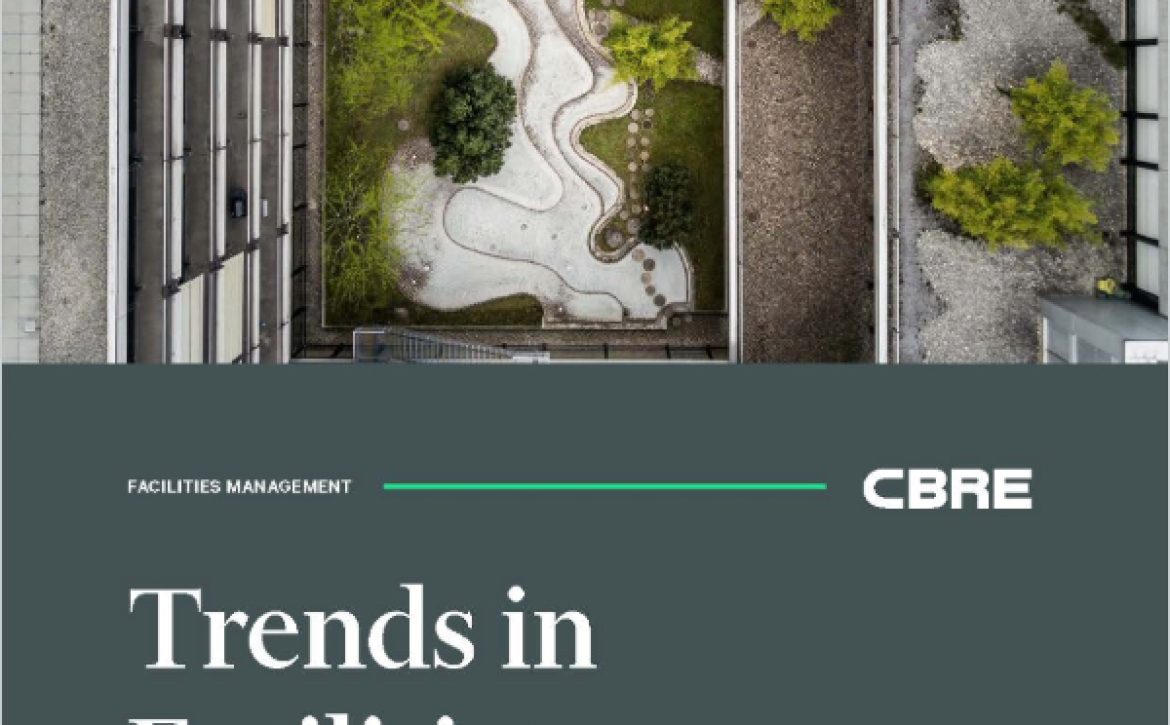Flex Space to Account For 20% of London Office Market by 2030
Global real estate advisor, CBRE, anticipates that the London flexible office market will reach 50m sq ft by 2030.
The flex market currently represents 12% of the total London office market. CBRE estimates this will rise to 20% by 2030, largely driven by evolving occupier demand for flexible solutions and increased landlord participation in the sector.
The evolving landscape of the office market and a heightened focus on customer service have prompted CBRE to define a new segment, the “shadow flex market,” which encompasses traditional office space not explicitly marketed with flexible terms, but available through negotiation.
All other subsegments are expected to experience substantial growth. “Brandlord” space, defined as flex brands that are created, operated, and managed by landlords, is predicted to reach 3m sq ft by 2030, representing a 200% increase. CBRE expects managed flex space to increase by 70%, reaching 12m sq ft, fueled by growing occupier demand for self-contained space with flexible lease terms.
Michael Glynn, Head of UK Flex at CBRE, said: “We are confident that the market will continue to expand due to the sustained and increasing demand for flexibility from occupiers. Defining the flex market, while challenging, is crucial for accurately assessing the opportunities within Central London.”






